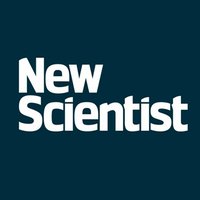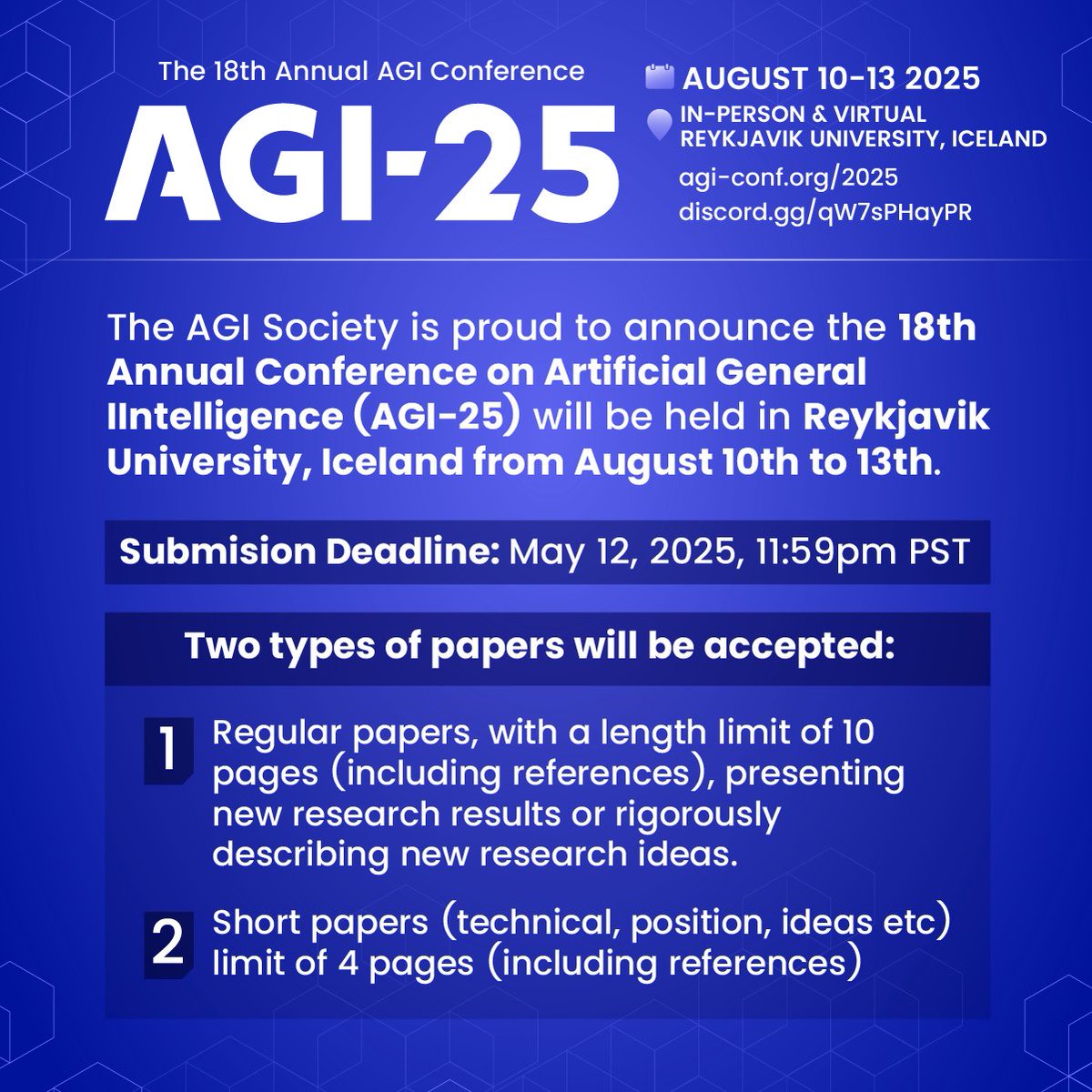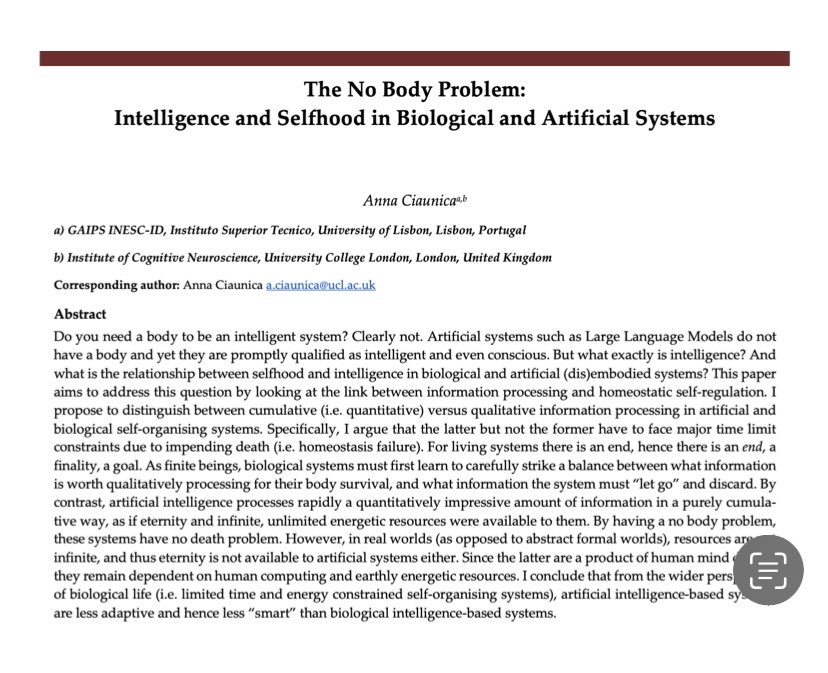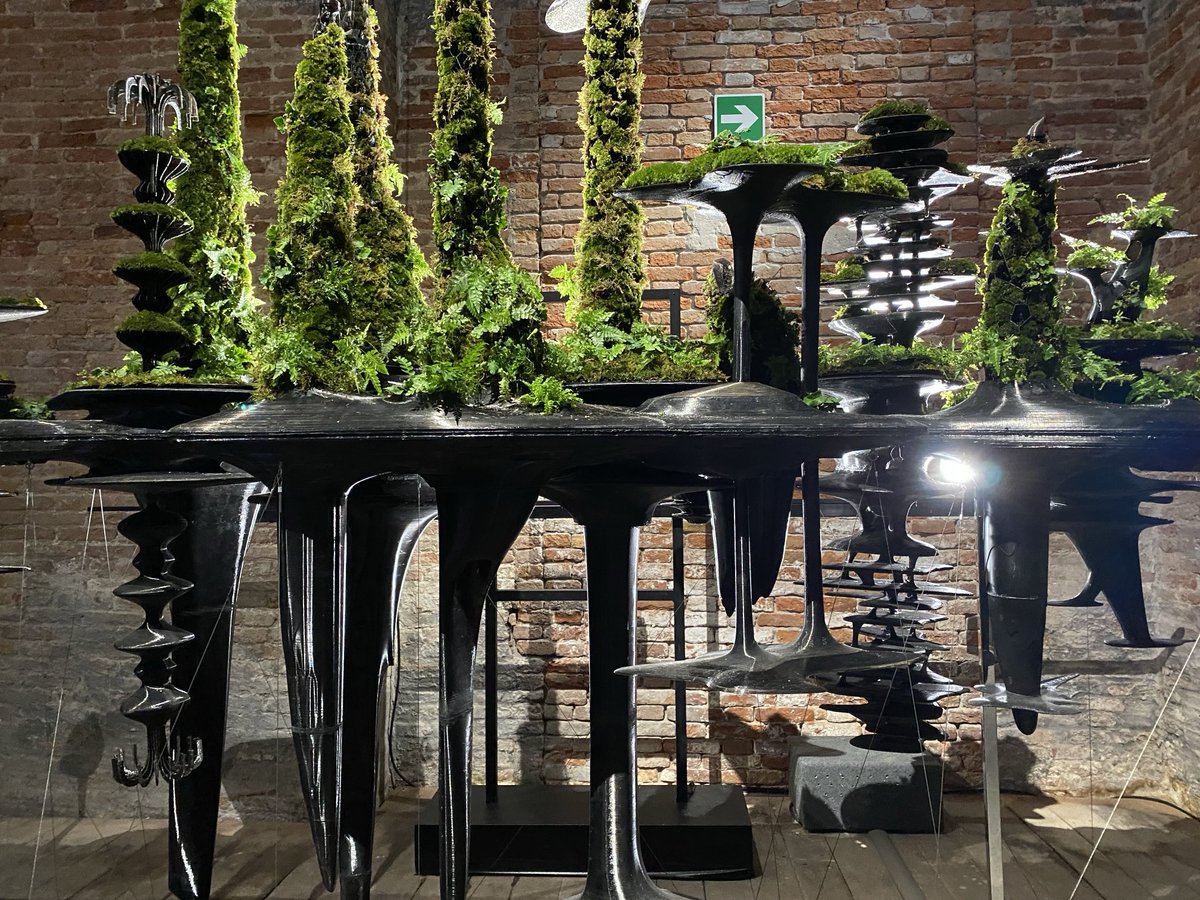
Anna Ciaunica @annaciaunica.bsky.social
@annaciaunica
Philosopher/Cognitive scientist |PI working on Self-Consciousness, Embodiment & Social Interactions in Humans & Artificial Agents | RT not endorsement
ID: 828361667918569472
https://annaciaunica.fr 05-02-2017 21:56:26
19,19K Tweet
12,12K Followers
10,10K Following








the deadline approaches. some amazing submissions this year, keep it up! 21 hours left until end of day, 12th of may, anywhere on earth. there is still time to write another paper! The Artificial General Intelligence Society






I wonderful contribution by Anna Ciaunica @annaciaunica.bsky.social on #consciousness , intelligence and #selfhood. "As finite beings, biological sys-tems must first learn to carefully strike a balance between what information is worth qualitatively processing for their body survival, and what information















